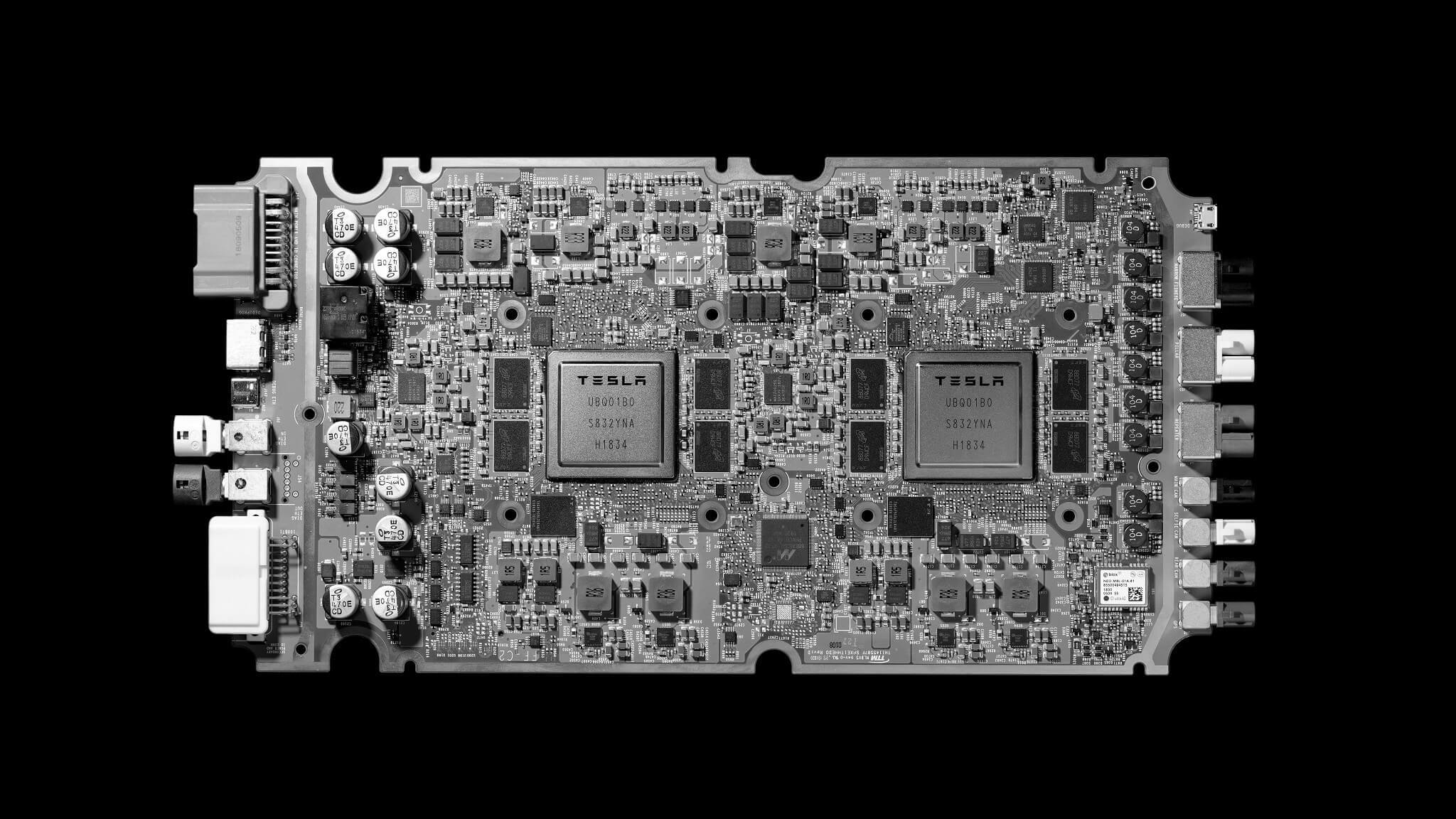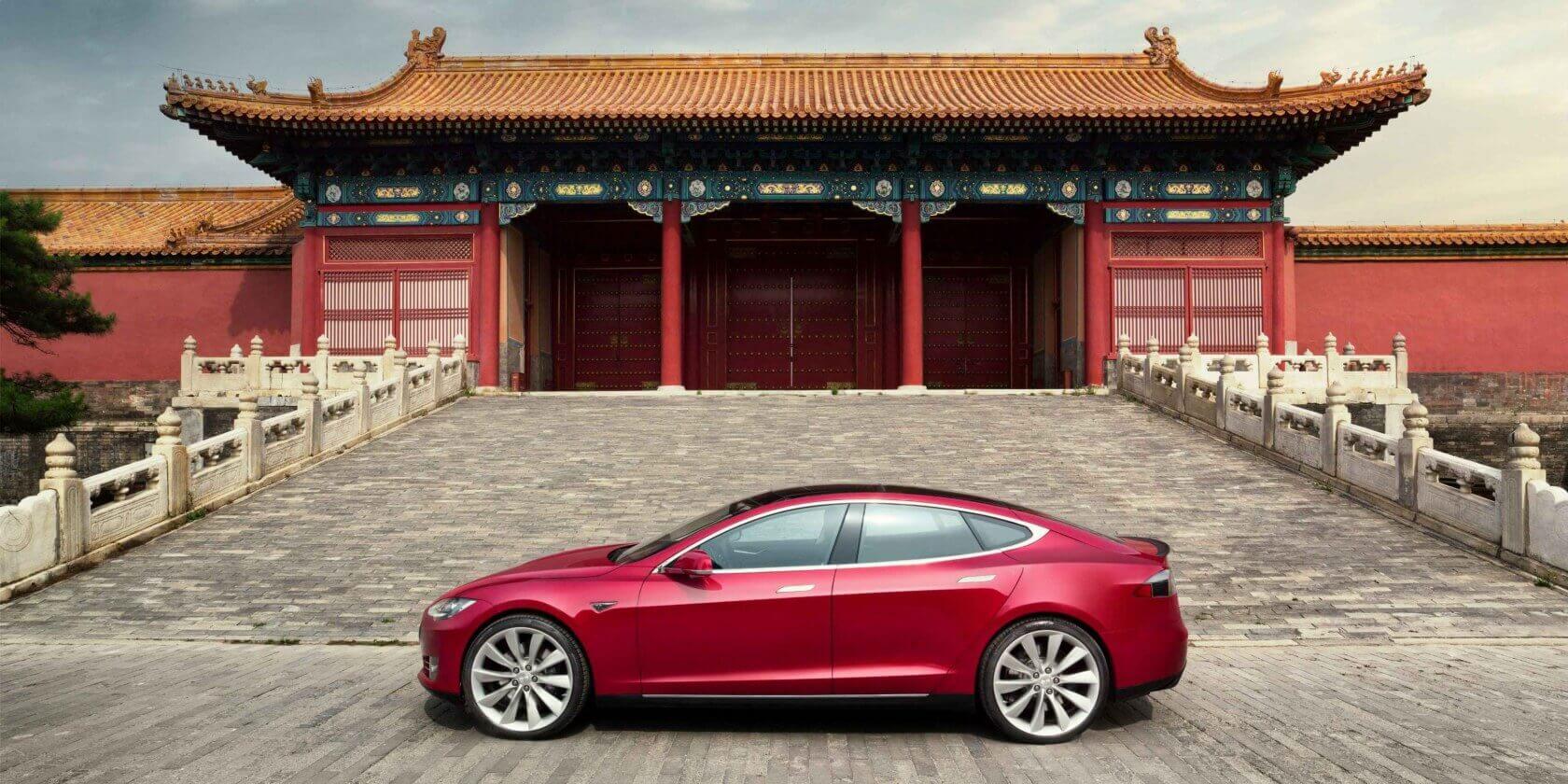Why it matters: Tesla's new Gigafactory in Shanghai has delivered its first batch of Model 3s to local customers, but the coronavirus crisis has forced the company to install older Autopilot hardware due to supply shortages. The good news is that owners will get their cars retrofitted once the new chips become available again.
Many tech companies have been affected by the ongoing coronavirus epidemic, with issues ranging from travel restrictions for employees to canceled conferences and reduced manufacturing output. Pretty much any company that depends on China or South Korea for its supply chain is experiencing delays and disruptions in its operations.
Now it's the turn of automakers like Tesla, who has become the latest company to see the effects with the cars it produces locally in China. According to a report from the Nikkei Asian Review, the first batch of Model 3 cars to come out of the Shanghai facility is equipped with an older self-driving control chip.

The issue became apparent when several Chinese Tesla owners found out using the part number printed on the control unit of newly-bought cars weren't the same as those in the presentation sheets. That means their Model 3s didn't get version HW 3.0 which is up to 21 times faster than the previous generation, which prompted them to band together and sue Tesla for not being transparent about it before delivering the cars.
The automaker says the new version of the chip – which enables semi-autonomous driving by controlling steering, braking, and accelerating – has been in short supply in China, so it chose to equip the vehicles with HW 2.5. Following the public reports, the company apologized on Weibo and explained that it would retrofit the new cars with HW 3.0 as soon as it becomes available again in the region.
The Shanghai Gigafactory is supposed to have a production capacity of 500,000 cars per year, so it's not off to a great start. Tesla noted that there's "almost no difference" in driving experience between the two hardware versions of the self-driving module, but customers still feel like they've been deceived.
It's worth noting that those who didn't purchase the Full Self-Driving package don't get HW 3.0 by default, and this is also true for customers outside of China. It's likely Tesla didn't want to delay the delivery of the new cars, but it does seem like the company could be more transparent in the future.
